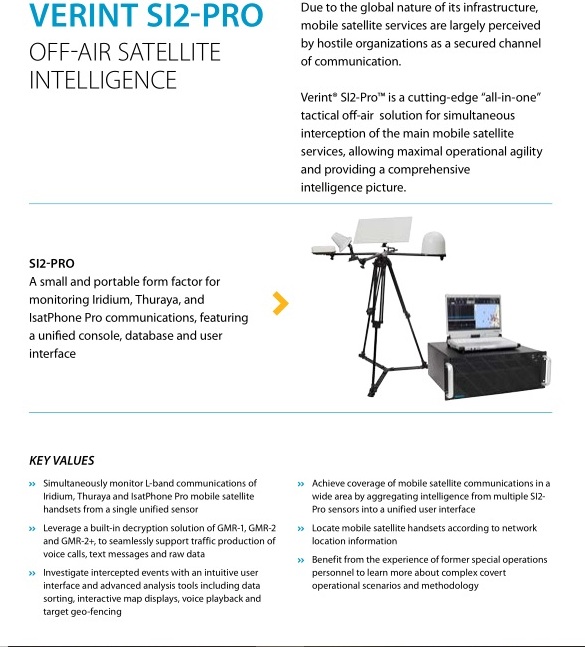‘I do not remember about any of this,’ Kapil Sibal told The Sunday Guardian.
In the summer of June 2013, an official delegation of the Department of Telecom (DoT), Government of India, led by then minister Kapil Sibal went to Israel for a five-day tour from 15-19 June. The delegation members, including Sibal, during this tour, met representatives of multiple Israeli companies.
One such company, whose representatives met Sibal, was Verint Systems. Verint Systems is an established global player in providing mobile interception and surveillance systems. The top leadership of Verint convinced Sibal and his team that they had the required tools to intercept calls and other communication services like Gmail, Blackberry, Yahoo, Skype and other similar communication platforms. Later, people at Verint had a discussion with other relevant verticals of the DoT, including CERT-IN (Indian Computer Emergency Response Team).
A few years later, in 2015, it was revealed that the same software was used by the intelligence agencies of the Peruvian government, which bought it for $22 million to spy on the then vice president of the country, apart from other political leaders and influential private individuals. The system that the Peruvian intelligence agencies were using could track up to 5,000 people and record up to 300 conversations simultaneously.
A similar system was sold to the Azerbaijan and Indonesian governments to identify LGBTQ individuals and activists. Bahrain, South Sudan and Columbia, apart from the Peruvian government, used it for political reasons.
Did Sibal, who was an influential minister in the UPA-II government, buy the surveillance product from Verint Systems?
“I do not remember about any of this,” Sibal told The Sunday Guardian. No response was received from Verint or Cognyte, the arm of the company that deals with cyber intelligence.
However, the statutory documents filed by the company in the United States show that it was and has been active in India in a big way. Its Indian subsidiary is named Verint Systems (India) Private Ltd and it has been active in India since at least 2005.
In its latest filings, the company stated: “The countries in which we have our most significant foreign operations include the United Kingdom, India, Israel, Indonesia and Australia.” At the end of 31 January 2021, the company’s revenue was $1,274 million with offices in 40 countries employing 4,300 people. The Indian offices are situated in Gurugram and Bangalore.
Verint Systems earns a considerable portion of the operating income from outside the United States. The total amount of cash and cash equivalents held by its foreign subsidiaries at the end of January 2021 was $348.1 million. It also receives grants from the Israel Innovation Authority (IIA), whose main objective is to focus on research and development (R&D) in the country. As per the company’s declarations, its R&D is performed primarily in the United States, Israel, the United Kingdom, Ireland, the Netherlands, Hungary and Indonesia. Verint Systems, like other similar companies engaged in cyber intelligence, needs the permission of the Israeli defence minister to sell its products outside the country.
In June 2018, Verint Systems had entered in a negotiation to buy the NSO group, which has been accused of hacking into mobile phones of private and government individuals in India, for an amount of $1 billion. The deal did not go through. Last year in April 2020, Verint approached the Indian government to sell one of its products to identify and surveil individuals who were Covid-19 positive. The Indian government said no to it.
One of Verint Systems’ products, “SI2-PRO”, is marketed as a product that can even monitor satellite phone conversations. The product brochure says that it was made after taking inputs from former special operations personnel involved in complex covert operations. The effective range of this system is 500 km and can monitor 20 calls simultaneously and weighs just 15 kg.

